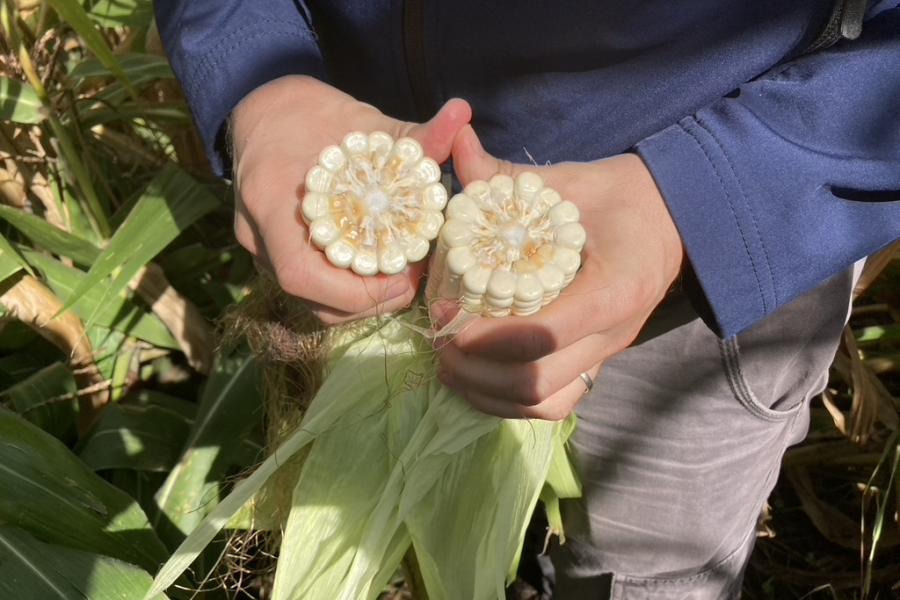
Philippines
A key local player in meat production aims at reducing its reliance on international market prices by incorporating part of its feedstuff production. To achieve this, the company commissioned Expert Farmer to evaluate the feasibility of producing corn on pre-identified sites and assess the potential for cost-effective, local production.

Mechanized corn cultivation in a tropical climate
In the Philippines, securing land for large agricultural projects is challenging due to regulatory constraints. Local conditions often hinder mechanization, making efficient production difficult. Additionally, the country's reliance on imported corn and soy, poses financial and availability risks.
Although a crucial portion of the pre-identified area had to be excluded, Expert Farmer successfully refined the project options, developing an innovative solution that combines integrated production with contract farming opportunities to achieve breakeven.
Project Assessment
During the initial evaluation of the proposed corn cultivation project, the Expert Farmer team has evaluated the viability of the site. We examined the site’s characteristics, noting areas with uneven terrain that were not suitable for mechanization and identifying regions susceptible to landslides if cleared.
Furthermore, we analyzed environmental factors, such as soil quality and weather conditions, to forecast their influence on the potential yield. Our expert farmers conducted a detailed remote-sensing topographic review to assess the suitability of the land. We also consulted with farmers and local agricultural managers to collect insights into land use and potential contractual arrangements.
In conclusion, our team delivered a thorough report, outlining our findings and suggesting practical approaches for the site’s future development.
Agri-feasibility
As part of the feasibility analysis, our team of expert farmers developed the plan for the complete crop production. We considered realistic scenarios, encompassing the entire production process. It covered the necessary technologies and operational methods, as well as the specific input requirements, needed for a successful outcome. Moreover, the project included the creation of a comprehensive drainage system spanning the entire developable area.
The corn crop husbandry plan, including rotation schedules, best practices, and necessary equipment, was adapted to the local, challenging conditions. Future efficient operation was supported by an organizational chart that was customized for the staff, their roles, and responsibilities in the production process. The project was carefully structured to maximize resources and minimize risks.
A detailed investment and cost analysis were conducted. Expert Farmer developed a business plan, including an assessment of production costs, expected profits, and potential margins. This allowed the client to secure financing from the bank.
Growing maize in monsoon-prone environments
The main challenge to producing corn in the Philippines lies in managing the effects of the monsoon climate, particularly the excessive rainfall and poor natural drainage that led to root oxygen deprivation, nutrient uptake issues, and increased susceptibility to disease. The Philippines' monsoon season brings intense and prolonged rainfall, which poses a serious threat to corn cultivation. In tropical countries, large areas of land are submerged for much of the year, or have topographies that make them prone to waterlogging. These conditions are incompatible with corn farming, which requires well-drained soil to avoid root rot and yield loss. To remedy this, the development of a suitable drainage system is essential and demands the involvement of specialized knowledge during the planning phase.